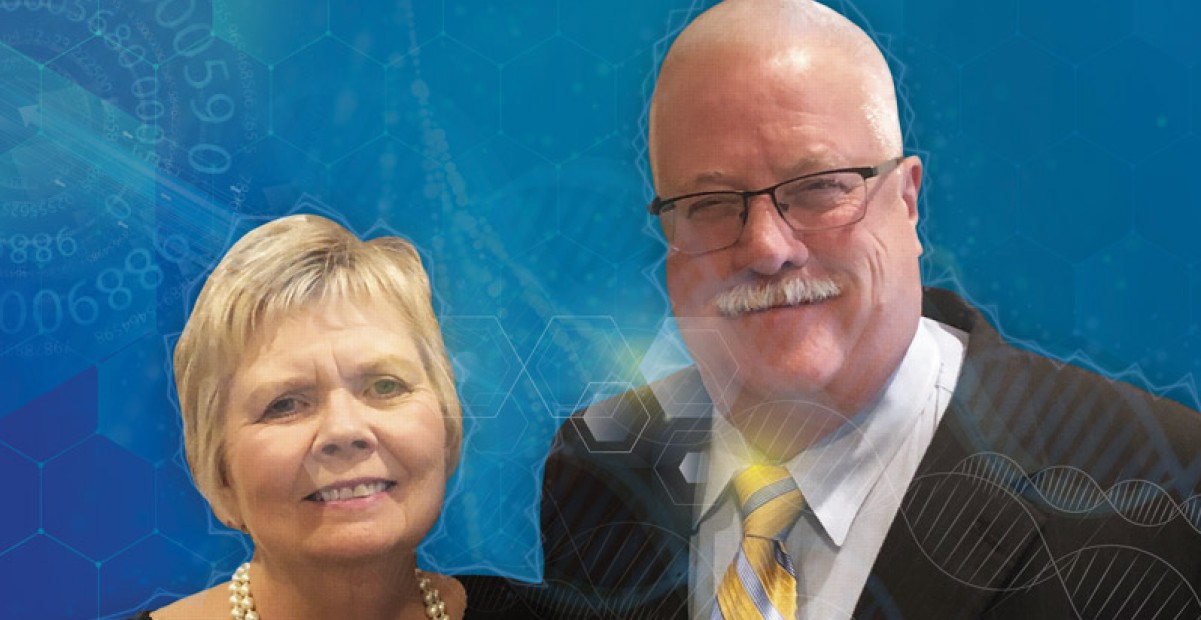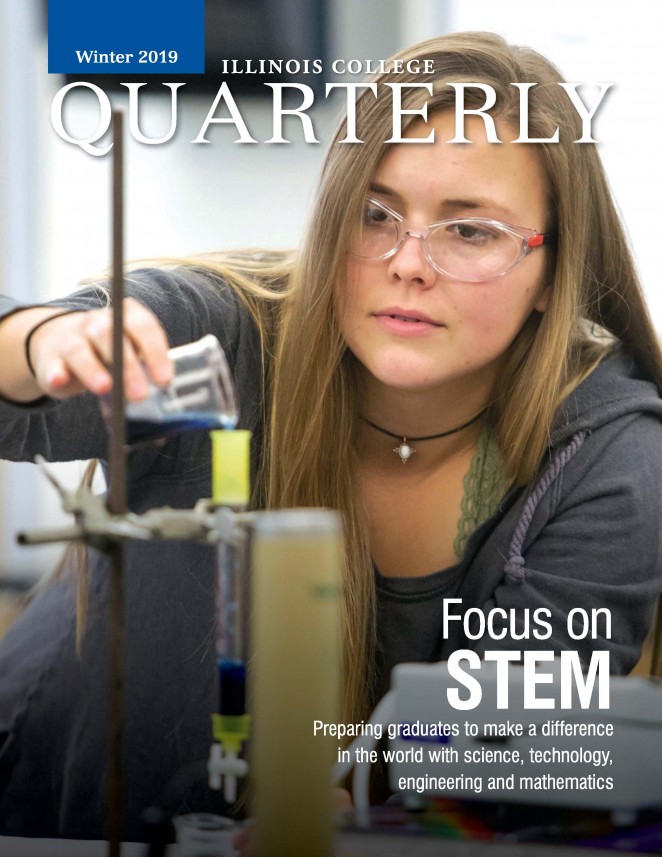Paving new pathways in engineering

Tom Purves ’76 is among those alumni whose Illinois College education has led to success in the field, but he said that his journey was not a direct path. He originally entered Illinois College as a history major, later shifting to a major in philosophy. Purves recalls that while many subjects interested him, it was one specific question that helped him to narrow his career aspirations.
Purves recalls Dr. Malcolm Stewart, his faculty advisor, posing a question that would become a turning point in his education, asking, “Just what do you plan to do with philosophy?”
After some reflection, Purves realized that his interests lie in the sciences and he promptly changed his major for a final time to chemistry. He said making that move proved the benefit of being at a small school to him.
“I had a lot of catching up to do. I doubt that would have been possible anywhere but at a small school like IC where the professors take such a real interest in the students and are flexible,” said Purves, noting that one-on-one instruction from professors Dr. Don Filson and Dr. Robert Evans allowed him to still graduate within four years. It was Evans who also introduced him to engineering as a possibility for his future.
After IC, Purves graduated from Iowa State University with a master’s degree in chemical engineering. His interest in the oil refining business led him to a role at Shell, where he rose quickly into leadership positions. He stayed with the company for 36 years, retiring from his role as a vice president in 2015. Today, he’s involved in the industry as an independent consultant working with Shell and a number of other clients around the world.
Reflecting back on his education and career, Purves says that many of what he thought were detours and delays in his journey have been proven valuable in the long run. Purves used the example of a typing class that he begrudgingly took at his mother’s insistence. While he didn’t think the class had any connection to his future, he now says those skills have been immensely useful.
At IC, Purves encountered many experiences like that. He learned leadership and public speaking skills as a member of Pi Pi Rho. His liberal arts education also taught him to approach problems from a variety of perspectives and to appreciate different points of view.
"As I got into larger leadership roles, the ability to think broadly — beyond the engineering aspects of problems — into the social, political and other human interaction aspects of broad and complex situations, became very important"
“As I got into larger leadership roles, the ability to think broadly — beyond the engineering aspects of problems — into the social, political and other human interaction aspects of broad and complex situations, became very important,” said Purves.
These skills allowed Purves to achieve one of the highlights of his career at Shell. He was a leader on a team that proposed constructing what would become the largest oil refinery in North America and one of the largest in the world. He recalls initially encountering pushback from the community, but over time and with countless conversations and problem solving sessions, his company won their support.
“This is one example of many in my career where the interaction of social skills and technical skills were essential to getting the objective accomplished,” said Purves. “I reflect on many more such events in my career where I was very thankful I had the background that IC gave me.”
Purves and his wife of 42 years, Linda Forsaith Purves ’76, recently made a generous donation to give back to their alma mater and establish a more dedicated pathway for current IC students who dream of pursuing a career in engineering.
“I am very thankful for the significant influence that my professors at IC had on my professional development. Linda and I wanted to do something to help future IC students get that same sort of guidance and mentorship,” he said.
The current program emphasizes foundational engineering courses and gives students the benefits of a liberal arts education — the communication, problem-solving and critical thinking skills that set them apart in whatever type of engineering they choose to pursue.
IC students in the program can earn degrees in various types of engineering including mechanical, civil, chemical and biomedical. With opportunities in STEM fields growing at a faster rate than other fields, Purves hopes more students will find success through their experiences at IC and be inspired to be a part of the growing program’s success.
“We were pleased to be able to make the initial contribution to the Pathways to Engineering program,” he said. “We hope that other IC grads who have similar experiences will join us in making this a key part of the IC offering.”


